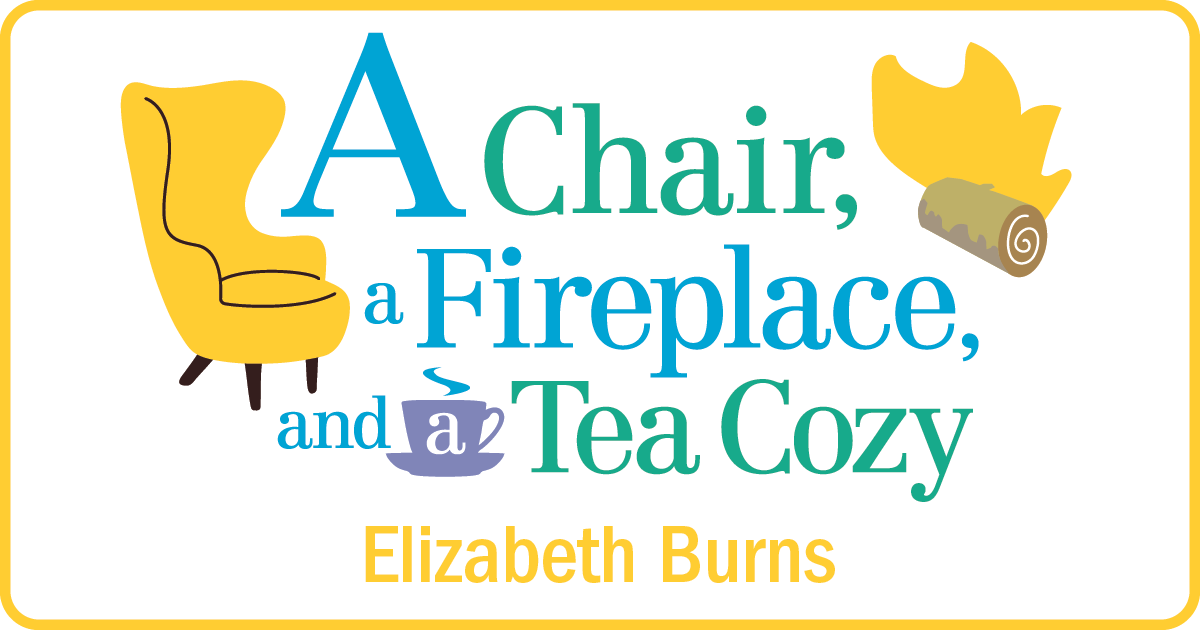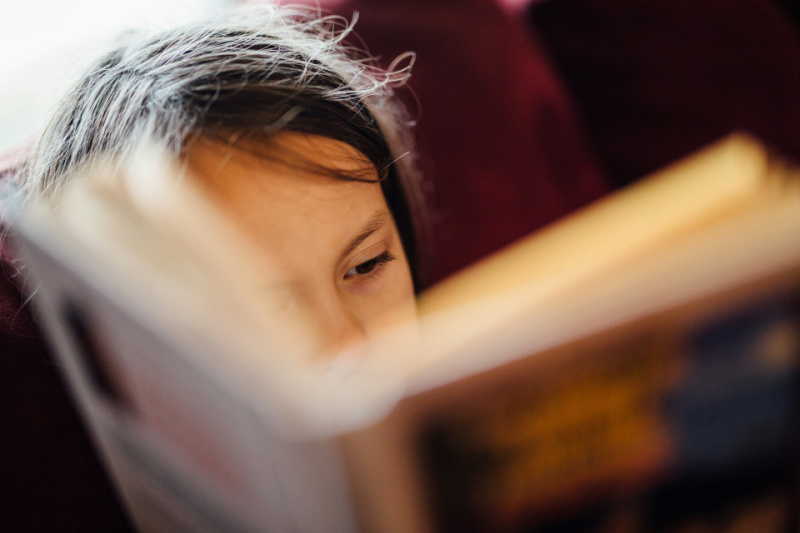SCROLL DOWN TO READ THE POST
Review: The Opposite of Hallelujah
The Opposite of Hallelujah by Anna Jarzab. Delacorte Books for Younger Readers, Random House. 2012. Reviewed from ARC from publisher.
 The Plot: Caro Mitchell’s older sister, Hannah, left home eight years ago, when Caro was eight. Hannah was nineteen; it’s not unusual for kids to have older sisters go off for college or to make their way in the world. So why has Caro, at best, pretended to be an only child? Or, at worst (like four years ago, when she was twelve), say her sister was dead? Because Hannah didn’t do what most older siblings do: leave home to live her life in a way people would understand. Hannah joined the Sisters of Grace convent, a contemplative order where the only direct contact members have with family is a half-hour meeting via an iron grill. How do you explain that to your friends? Luckily, Caro doesn’t. Hannah is far away.
The Plot: Caro Mitchell’s older sister, Hannah, left home eight years ago, when Caro was eight. Hannah was nineteen; it’s not unusual for kids to have older sisters go off for college or to make their way in the world. So why has Caro, at best, pretended to be an only child? Or, at worst (like four years ago, when she was twelve), say her sister was dead? Because Hannah didn’t do what most older siblings do: leave home to live her life in a way people would understand. Hannah joined the Sisters of Grace convent, a contemplative order where the only direct contact members have with family is a half-hour meeting via an iron grill. How do you explain that to your friends? Luckily, Caro doesn’t. Hannah is far away.
Until the phone call comes. Hannah is leaving the order; Hannah is coming home. Caro isn’t happy about it. She barely remembers Hannah. Caro reacts poorly to Hannah’s return, and ends up creating trouble with her friends and boyfriend. Neither Hannah nor their parents are dealing with Hannah’s return much better. Caro realizes that she needs to understand — to understand both why Hannah left the convent and why Hannah joined the convent in the first place. These are questions that Hannah and their parents don’t want to think about, so Caro is left on her own to try to sort out what happened.
ADVERTISEMENT
ADVERTISEMENT
The Good: I adored Jarzab’s first book, All Unquiet Things. In my review, I called it “pure brilliance.” I was so excited to hear about Jarzab’s second book, The Opposite of Hallelujah, but I was afraid, also. A second book can be like a second date: what if the guy isn’t that funny, cute, or smart after all? I almost didn’t want to request a copy from NetGalley. Wowza, I am so, so glad I did!
Caro’s life seems almost perfect: good friends, a cute boyfriend, doting parents and then Hannah comes back and ruins it all. Caro and Hannah barely know each other; not only was Hannah in the contemplative community, Caro refused to go for the half-hour visits for the past few years. I’ll be honest: at times I thought Caro was being a spoiled brat about Hannah, and lacking in any type of empathy about Hannah’s homecoming. When I reread my review for All Unquiet Things, I saw this: “Jarzab does something that is quite daring for a book: she makes characters unlikable. . . . [I]t is because they each are at times unlikeable that the book is so strong. They are not perfect; they are human; they have failings.” That, in a nutshell, describes the two Mitchell sisters and it is why this book is so wonderful. Caro and Hannah are painfully honest in their reactions to situations, and sometimes, what people do is less than perfect.
While there is a bit of a mystery here (why Hannah entered not just a convent, but a contemplative convent) this is more a story of family, and a coming of age, as Hannah’s return forces Caro to grow up. Or, rather, it forces her to think outself her narrow world of only daughter. One minute Caro’s practically an only child; the next, there is someone else in her house, someone with her own history and memories with the family that have nothing to do with Caro. It’s not just that Hannah is her sister who has returned; it’s that Hannah is eleven years older, so there is eleven years that had nothing to do with Caro. As Caro admits, “I’d never liked being reminded that my family had once existed quite happily without me in it.” That may be ugly, but it’s honest and raw and honesty is what I want in my books. The beatuy of The Opposite of Hallelujah is how Caro moves beyond that initial response.
I have to say, I am usually hesitant about books that deal with religious themes. I’m picky; I don’t want a religious tract pretending to be fiction, but I also don’t want a book where religion is not something smart people do because, well, smart people are too smart for religion. Those are extremes, yes, but as I said — I get leery.
The Opposite of Hallelujah treatment of religion, belief, and religious people is almost perfect. Hannah’s reasons for joining, and leaving, are treated with respect and sympathy; the complexity of religious life is shown.
Just as wonderful as the sensitivity with which The Opposite of Hallelujah treats the subject matter is the language. I know I’ve made this sound intense — religious convents and returned sisters, families and secrets and ugly feelings — but it’s also funny and insightful. Here is Caro, on an ex (and haven’t we all felt this way?): “It was amazing how differently you saw some people once the fog of flattery and attention had burned away.” Caro has good friends; there is an interesting love interest; and the full story of Hannah broke my heart. This, at the end, is why I adored this book: “The past doesn’t disappear, but it doesn’t have to define your future.”
For all these reasons, The Opposite of Hallelujah is a Favorite Book Read in 2012.
Other reviews: YA? Why Not?
Filed under: Favorite Books Read in 2012, Reviews
About Elizabeth Burns
Looking for a place to talk about young adult books? Pull up a chair, have a cup of tea, and let's chat. I am a New Jersey librarian. My opinions do not reflect those of my employer, SLJ, YALSA, or anyone else. On Twitter I'm @LizB; my email is lizzy.burns@gmail.com.
ADVERTISEMENT
SLJ Blog Network
The Moral Dilemma of THE MONSTER AT THE END OF THIS BOOK
Cover Reveal and Q&A: The One and Only Googoosh with Azadeh Westergaard
K is in Trouble | Review
A Reading Community: A Love Letter to Local Independent Bookstores, a guest post by Heather Del Piano
The Classroom Bookshelf is Moving
ADVERTISEMENT
ADVERTISEMENT






